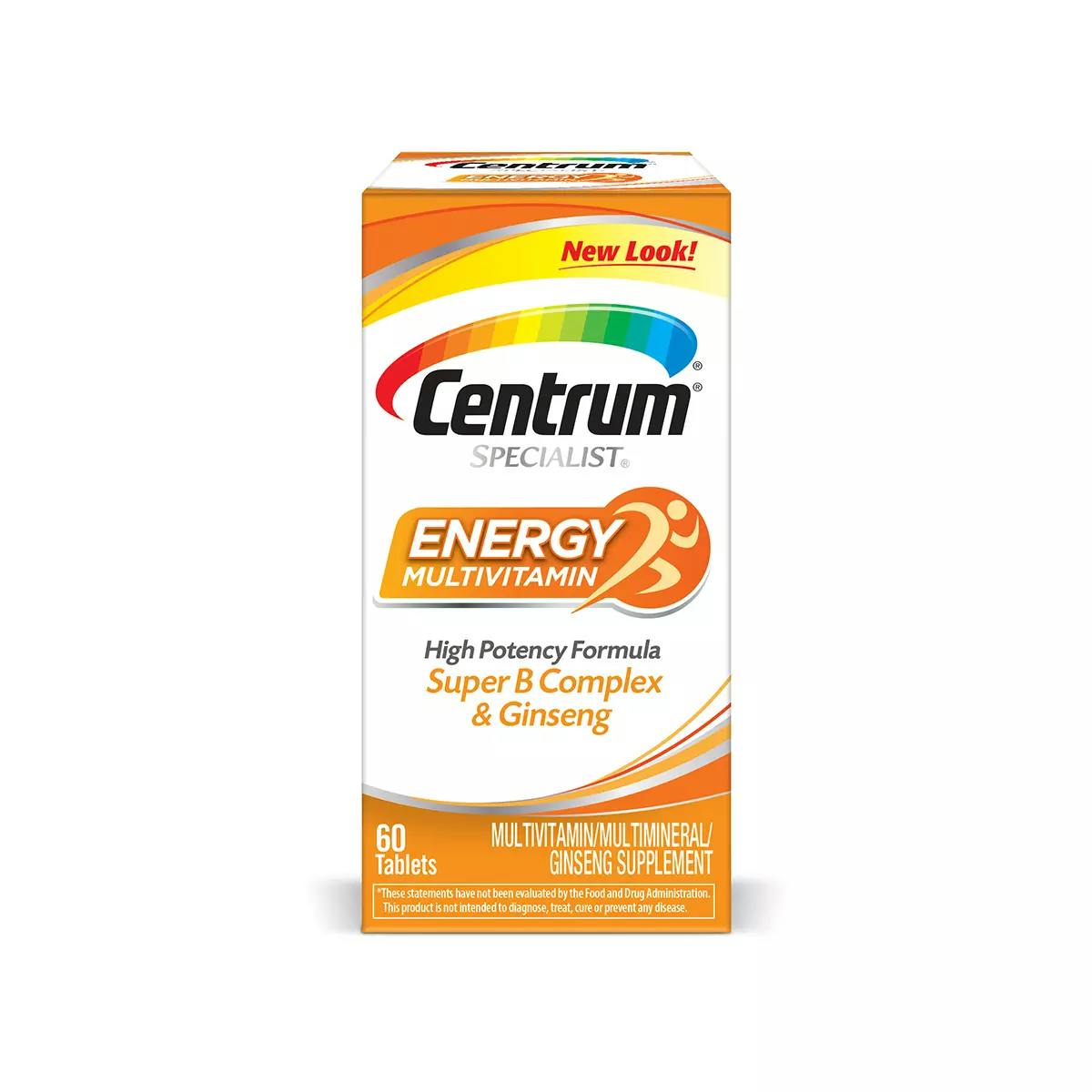What’s Good for the Heart Is Good for the Brain
Contributed by Elizabeth Ward, MS, RD
Did you know a heart-healthy lifestyle also has cognitive benefits? Caring for both the heart and the brain can have positive long-term health effects that will serve you well as you age.

Every second of every day, and without any prompting, your heart keeps you alive by pumping blood where it needs to go. Your brain controls all voluntary and involuntary bodily functions, helps you solve problems, and retrieve memories, among many other duties.
A strong heart muscle and healthy blood vessels are vital for heart health. The same goes for the brain. Every cell needs oxygen, which is transported in the blood stream. When blood flow to the heart is interrupted, a heart attack occurs. When it happens in the brain, it’s a stroke.
Goal: Prevent Plaque
Preventing plaque build-up is one of the best ways to help your heart and your brain. Plaque, typically a mixture of fat, cholesterol, and other substances, can narrow arteries to the point of severely restricting blood flow or shutting it off entirely. In addition, a piece of plaque can break loose and travel, causing a blockage in the arteries that directly feed the heart or the brain.
How to Support Brain and Heart Health
Here’s what you can do to help protect your heart and your brain.
Keep blood pressure in check. High blood pressure makes your heart work harder, causing tiny tears in blood vessels, which result in scar tissue capable of trapping the compounds that lead to plaque build-up. In addition, uncontrolled high blood pressure is strongly related to stroke.
Maintain healthy levels of cholesterol and triglycerides. Excessive cholesterol and triglycerides (fat) in the blood stream can accumulate in blood vessels, curbing the flow of oxygen-rich blood to the brain, heart, and other organs.
Work it out. According to the Physical Activity Guidelines for Americans, regular physical activity reduces the risk for heart disease, high blood pressure, high blood cholesterol, and sudden heart attack. Most healthy adults should accumulate 150 minutes of moderate exercise, such as walking briskly, cycling, playing sports, or visiting the gym every week.
Achieve a healthy weight. Extra pounds strain the heart so that it must beat more often. Weighing too much also increases the risk for stroke, elevated blood pressure, and high triglycerides in the blood stream.
Additionally, not all fats are bad. In fact, you need healthy fats to preserve brain health. There are two types of omega-3 fatty acids that support brain and heart health—eicosapentaenoic acid (EPA) and docosahexaenoic acid (DHA). Both help lower blood triglyceride levels, as well as increase levels of HDL and suppress levels of LDL cholesterol.*
Laugh more. Take time to laugh every day. Laughter really is the best medicine as that old saying goes—for good reason. When you laugh, your entire circulatory system gets energized and sends 20 percent more blood flowing through your body—thanks to the fact that the lining of your blood vessel walls relax and expand.[1] This increased blood flow pumps more oxygenated blood to the heart and throughout the entire body—and reduces stress in the process.
Before starting any new health regimen, you should consult with your doctor and attend regular check-ups to monitor your heart and brain health. These organs work hard to keep you moving and thinking everyday—take care of them and they will take care of you.
Elizabeth Ward, M.S., R.D., is a writer and a nutrition consultant who specializes in family nutrition, women's health, and weight control.
*This statement has not been evaluated by the Food and Drug Administration. This product is not intended to diagnose, treat, cure, or prevent any disease.











